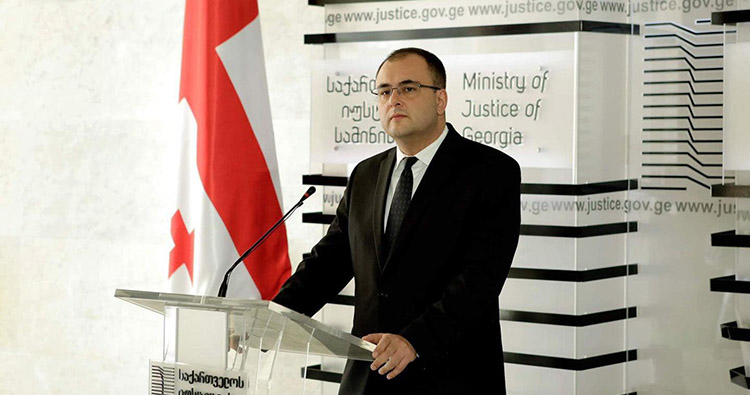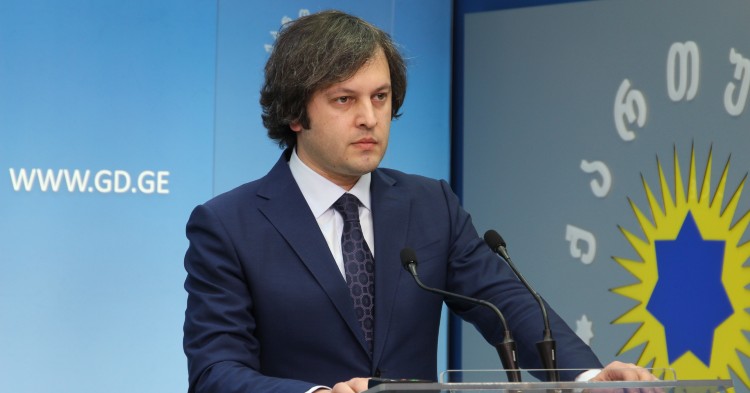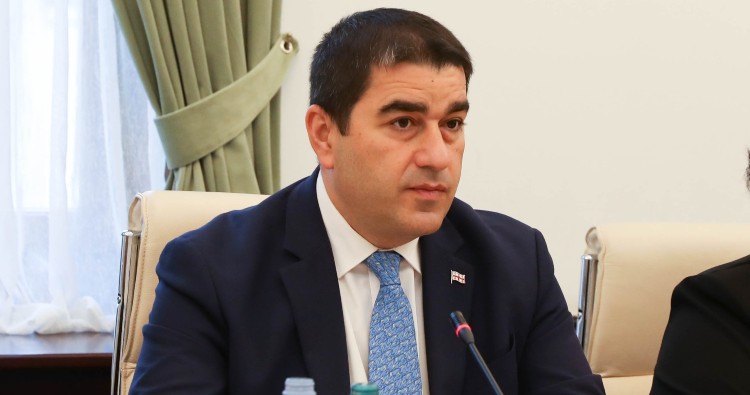ECHR: “no grounds” for doubting fairness of criminal proceedings against former Georgian President Saakashvili

Both sets of proceedings took place after the newly-formed Georgian Dream Government in 2012 officially declared that investigating “wrongdoings of the past” would be a “key priority”. Photo: ECHR
The European Court of Human Rights on Thursday ruled there were “no grounds” for questioning the fairness of criminal proceedings in Georgia against the imprisoned former President Mikheil Saakashvili, in comments on a case related to a 2005 assault on a member of the Georgian Parliament and the former President’s 2008 pardoning of four former high-ranking officers of the Interior Ministry who had been convicted of murder.
Both sets of proceedings took place after the newly-formed Georgian Dream Government in 2012 officially declared that investigating “wrongdoings of the past” would be a “key priority”.
The Court unanimously held there had been no violations of the right to a fair trial and the right to obtain attendance and examination of witnesses under the European Convention on Human Rights in the case.
The ECHR also held there had been no violation of the “no punishment without law” article under the European Convention.
Saakashvili could reasonably have foreseen, in the particular circumstances of the case, that using his power of clemency to pervert the course of justice in a murder case would render him criminally liable under Georgian law”, the Court said.
It also rejected as inadmissible Saakashvili’s complaints over the limitation on use of restrictions on rights of the Convention.
“It found that he had not substantiated his allegation that there had been an ulterior motive - hindering his participation in Georgian politics - behind his prosecution”, the statement noted.
“The Court took into account in this respect that the charges brought against Saakashvili had been serious and well-founded, that there had been a significant body of both direct and concordant circumstantial evidence against him in the case file, that the national courts had conducted fully adversarial proceedings during which his lawyer had been able to confront all the major witnesses and otherwise contest the evidence against him and that, above all, the court decisions had been duly reasoned”, it added.
The Georgian Justice Minister Rati Bregadze reacted to the Court’s decision by declaring it as a “complete victory for the Georgian state”.
 Tweet
Tweet  Share
Share



